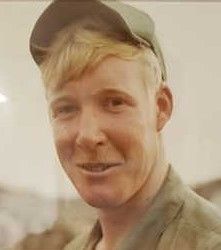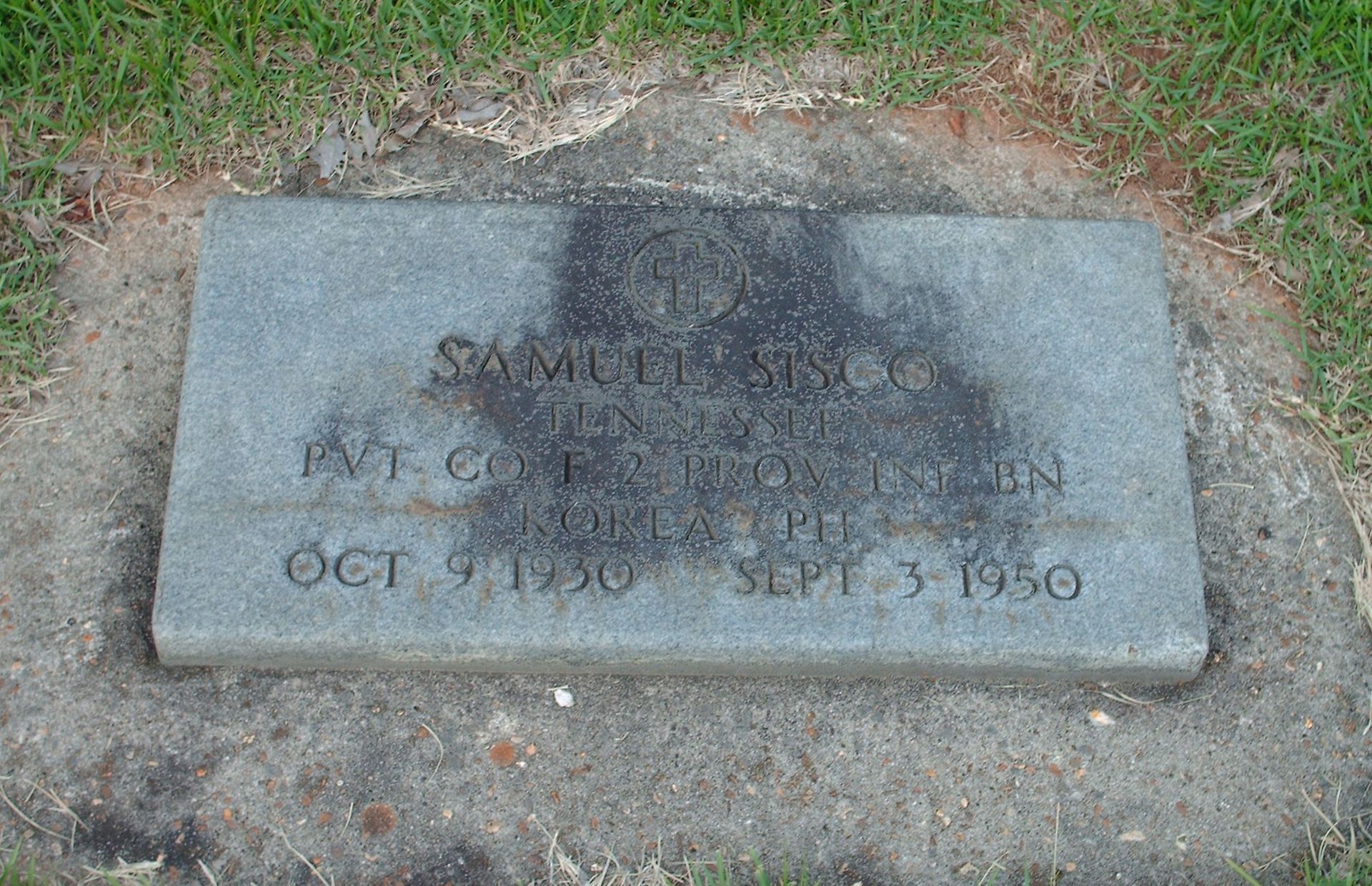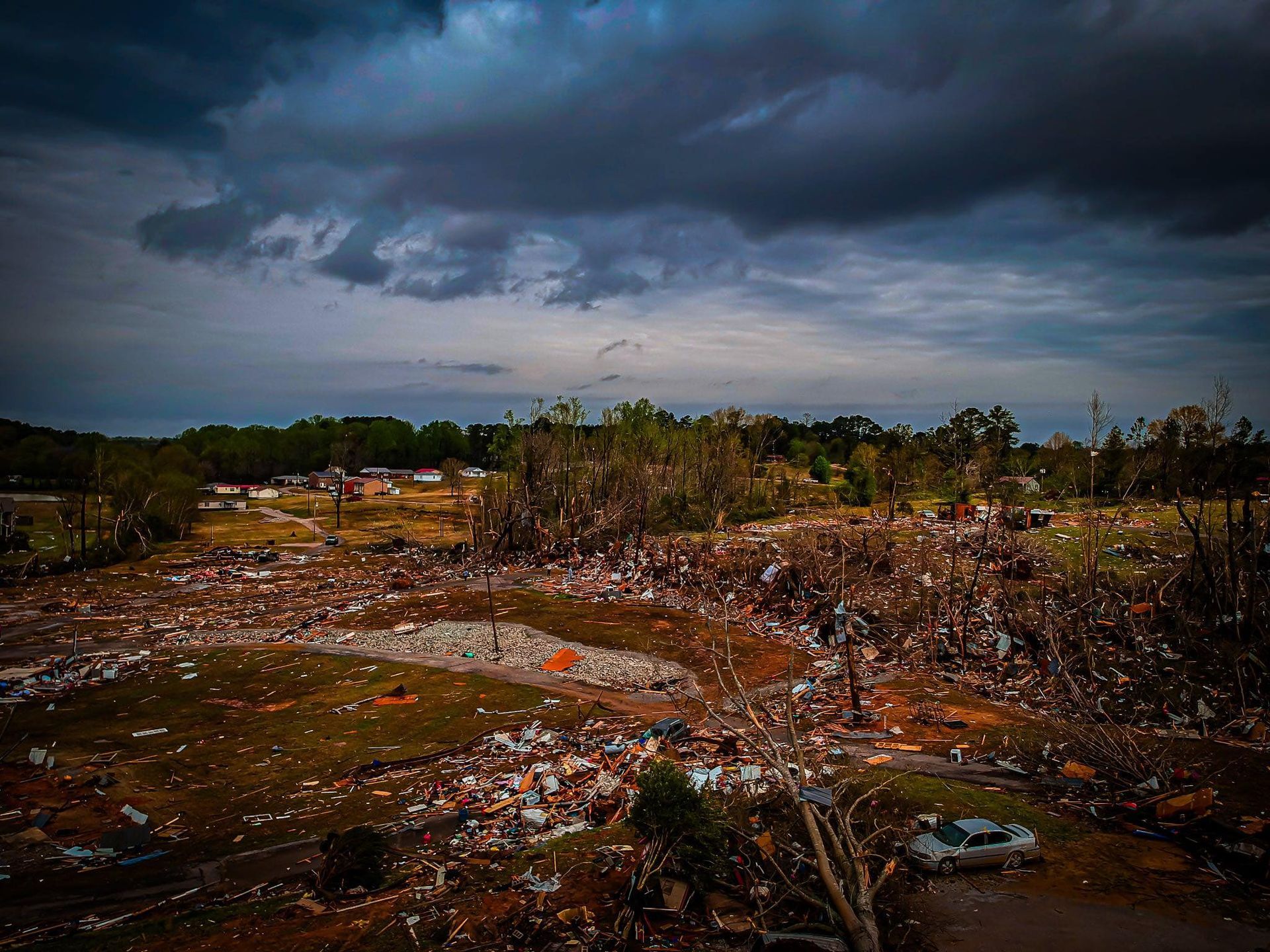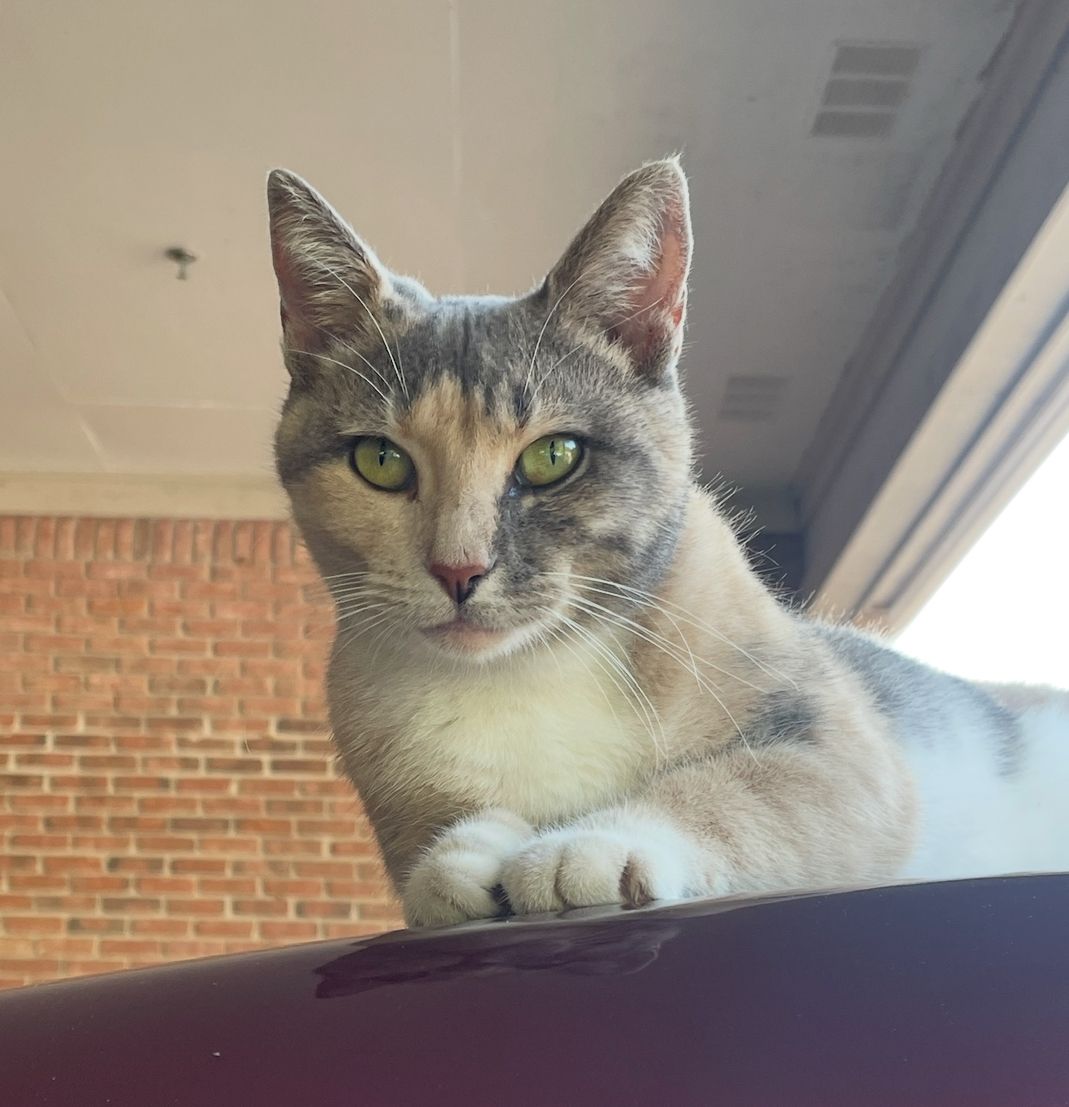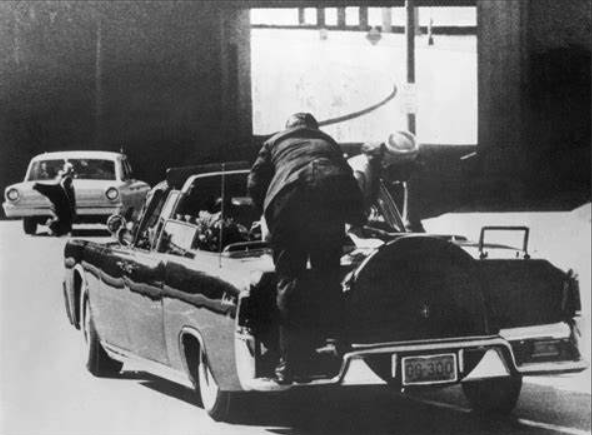Private First Class William Robert Caperton was only 22 when he boarded the HMT Rohna, a British merchant vessel being used to transport troops to India for the purpose of building B-29 bomber bases. A day after the ship’s departure from Oran, Algeria, she was struck by a German guided glider bomb, the first successful strike by a remote-controlled, rocket-boosted bomb on a vessel of this type. Of the 1,981 U.S. soldiers aboard, it is believed approximately 300 died instantly. Due to the severe damage, only eight of the 22 lifeboats could be launched and only two of them remained afloat due to overcrowding. All told, 1,050 U.S. troops died in what is still one of the greatest losses at sea in military history. William Robert Caperton was one of those who perished, his date of death fixed on November 27, 1943, one day after the initial strike. Although his body was never recovered, his name is included on the Tablets of the Missing in the North Africa American Cemetery and Memorial in Carthage Tunis, Tunisia. His parents, unable to bury their son, requested and received his military bronze plaque which is installed in Memory Gardens of Hardin County in Savannah, Tennessee.
Lest We Forget . . . Memorial Day ~ 2023
For the past several years, I’ve taken the week before Memorial Day to focus on the true reason for this day of remembrance, choosing to do this by briefly telling the stories of several military personnel who gave their lives in service to our country. After all, that’s the real reason we have this upcoming long weekend . . . not to celebrate, but to remember and to honor.
It’s hard, looking for those whose stories I plan to tell. Reading of their deaths and the circumstances under which they died is difficult, but there is something I find even more disturbing . . . how many there are who made the ultimate sacrifice and about whom I can find very little. No pictures online. No history of their service. Often, not even a cause of their death. It’s as though they are already forgotten by everyone except those who loved them the most. And someday, they too will be gone.
There is a monument in Bethel Cemetery that bears the inscription “The life of the dead is placed in the memory of the living.” I believe it is our responsibility to honor all those who gave their lives, and to do what we can to preserve their memories and to tell their stories.







